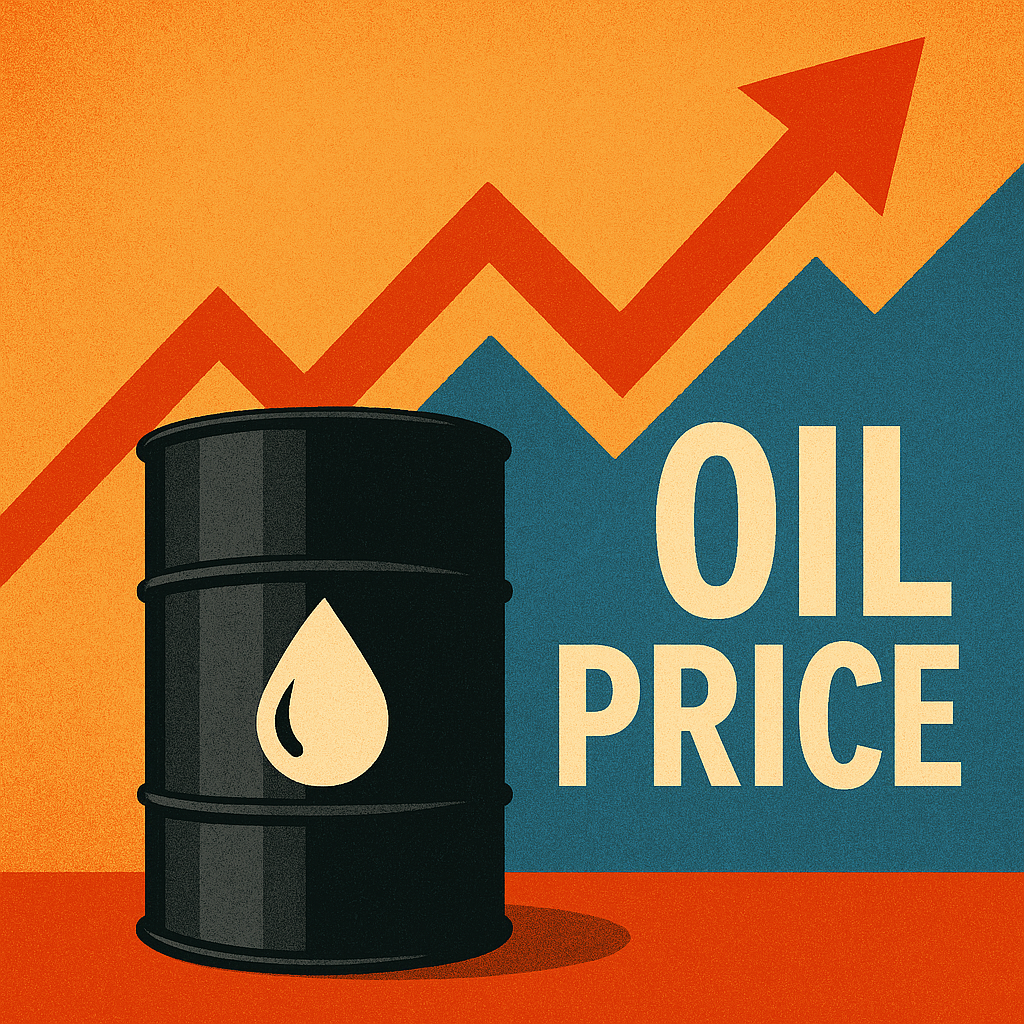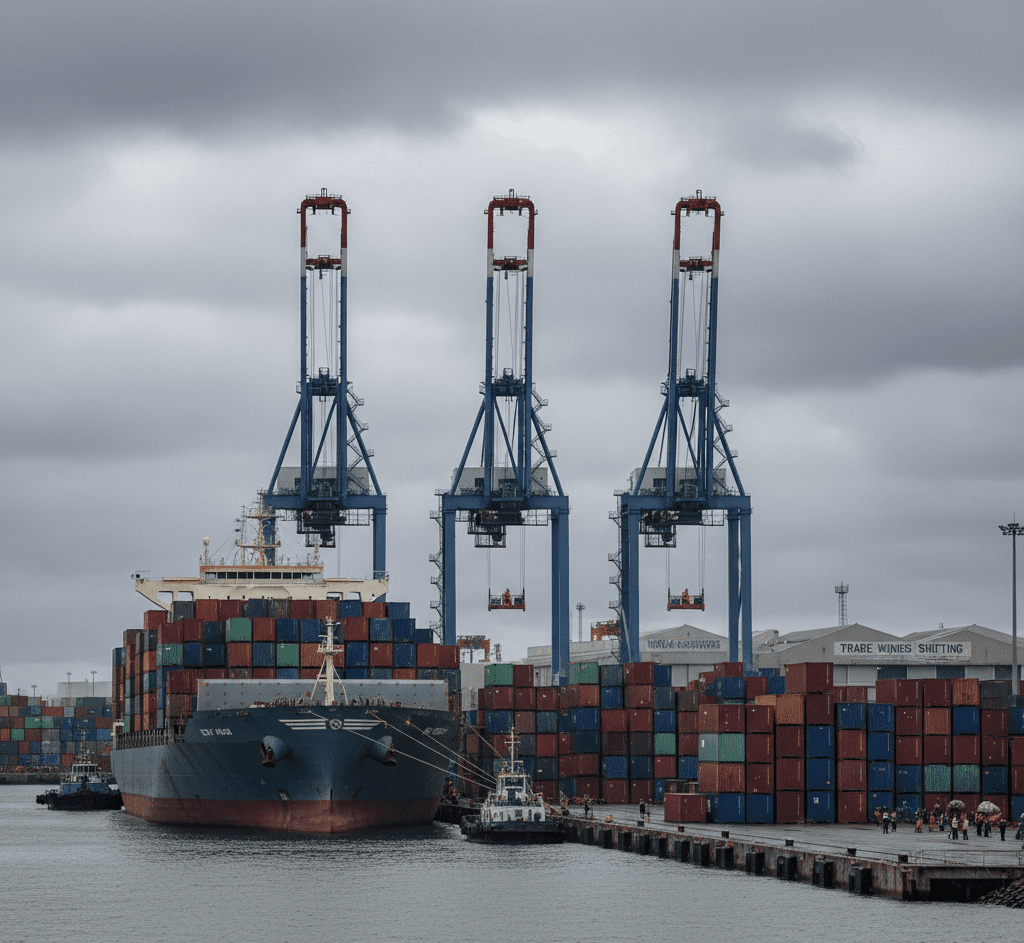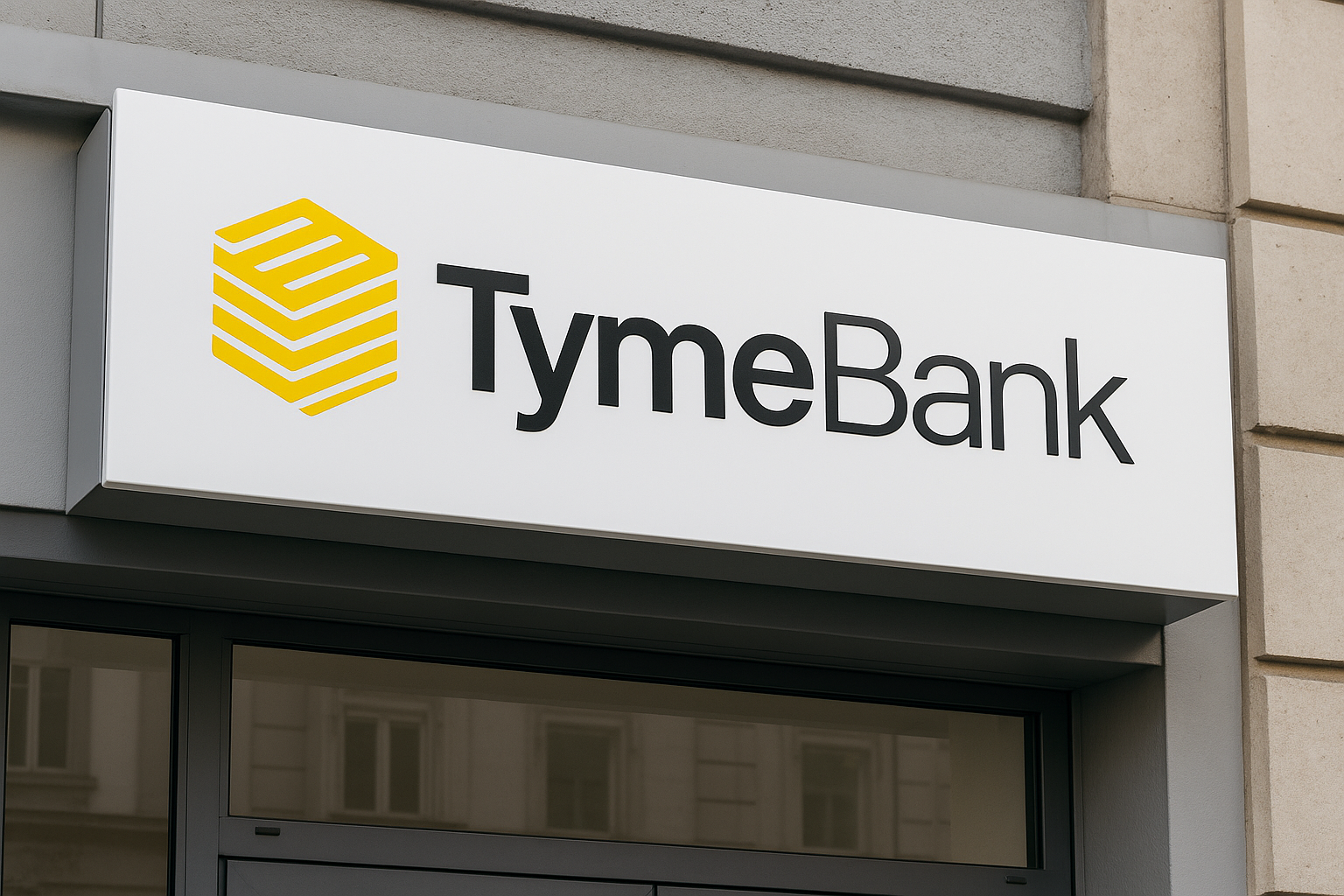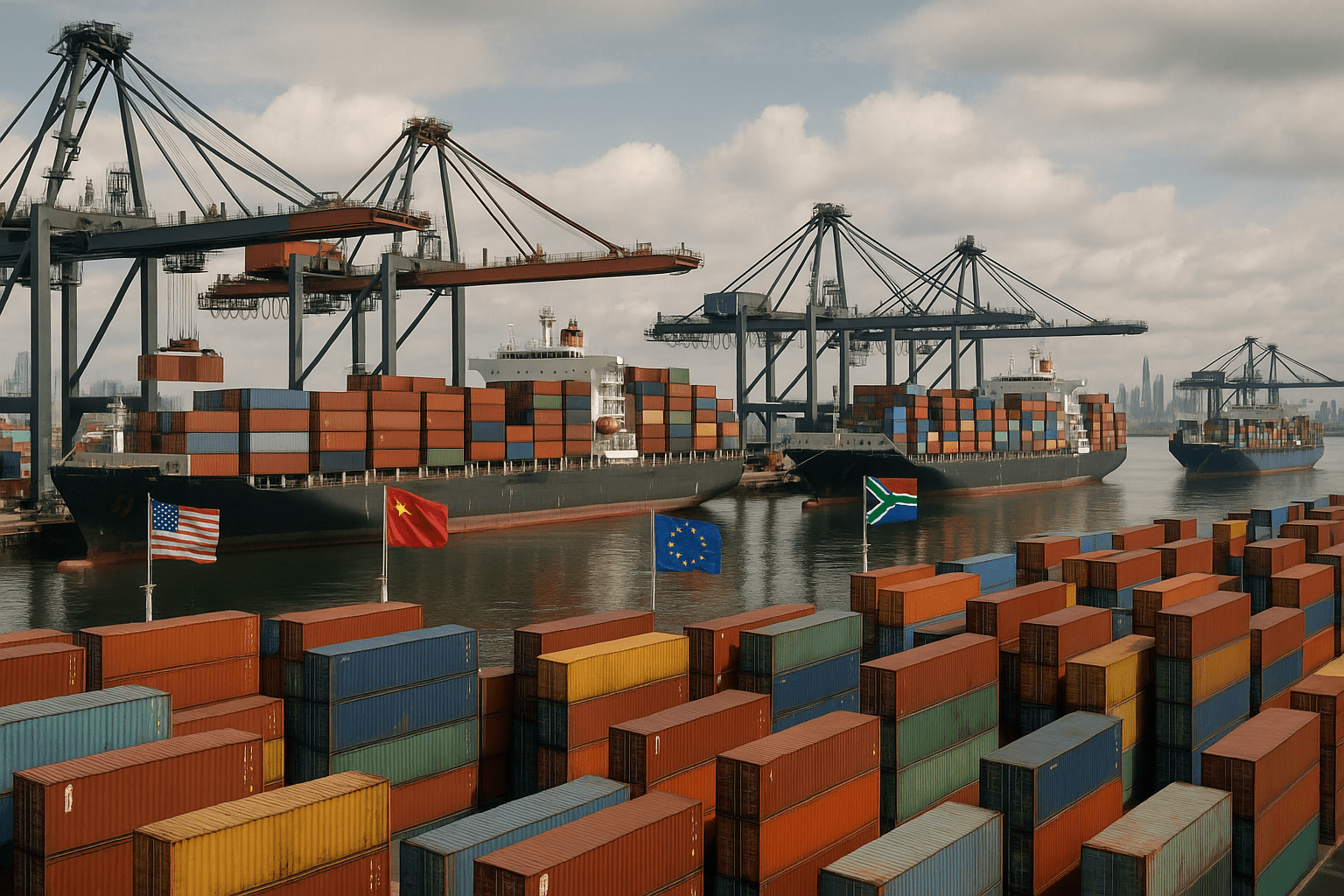How the Israel-Iran Conflict is Hitting South African Drivers Where It Hurts Most

How the Israel-Iran Conflict is Hitting South African Drivers Where It Hurts Most
The recent escalation of conflict between two prominent Middle Eastern powers might initially seem like distant news, easily overshadowed by daily realities like fluctuating load-shedding schedules and the constant challenge of making your salary last until month-end. However, the sobering truth is that events unfolding in Tehran and Tel Aviv have an immediate and significant impact, funnelled directly to the price you pay at your local Engen or Shell petrol station in South Africa.
When Global Politics Meets Your Grocery Money: The Oil Market’s Vulnerability
Let’s confront a stark economic reality: every significant geopolitical disturbance in the Middle East sends rapid ripples through global commodity markets, and South African families invariably feel the pinch in their wallets within a matter of weeks. This latest escalation has been no different, perhaps even more acute in its immediate disruption to international oil markets.
Reports surfacing in June 2025 of targeted actions against key Iranian energy infrastructure – facilities crucial for the supply of natural gas and oil to international markets, including reports of strikes on a natural gas field and potential damage to an Israeli refinery – triggered immediate and pronounced reactions. While direct impacts on Iranian oil flows were initially unclear, fears of wider regional disruptions, particularly to critical shipping lanes like the Strait of Hormuz, drove investor panic. When infrastructure of such critical importance faces even a perceived threat, global commodity traders react swiftly, leading to rapid price increases.
Brent crude – the international benchmark that directly influences what South Africans pay for fuel – surged by over 6% in a matter of hours following initial reports, reaching highs around $74 per barrel. West Texas Intermediate, the US benchmark, followed closely, climbing over 5%. While these percentages might appear modest in isolation, they translate directly to an increase of several rand per litre at the pump. For a country like South Africa, which, due to a significant reduction in local refining capacity (with approximately half of its processing capacity lost in recent years and major refineries like Sapref shut down), now imports the vast majority of its refined petroleum products – an estimated 16 million tons for 2025 – these sudden price swings are not merely fluctuations; they are substantial economic shocks. We lack the domestic production or large strategic reserves to effectively buffer us against such international volatility. When global prices spike, our economy is directly exposed.
The Perfect Storm: Existing Pressures Meet Surging Fuel Costs
What makes this situation particularly painful is the timing. South African households are already battling on multiple fronts. Electricity costs continue their upward trajectory, interest rates have remained elevated, impacting bond and debt repayments, and food prices make grocery shopping a daily challenge. According to BankservAfrica’s May 2025 data, nominal average take-home pay has slowed for the third consecutive month, highlighting the tightening squeeze on household budgets.
Now, throw escalating fuel costs into that already strained mix. For millions of families, fuel is not a discretionary expense. It’s essential for commuting to work, taking children to school, and managing basic errands. In many areas, public transport options are insufficient or unsafe, making private vehicle ownership a necessity rather than a convenience.
The Department of Mineral Resources and Energy utilises the Basic Fuel Price (BFP) formula to calculate monthly fuel price adjustments. This transparent, albeit complex, formula factors in several key components:
International Oil Prices: The cost of crude oil, primarily Brent, on global markets.
International Petroleum Product Prices: The cost of refined products (petrol, diesel) themselves, influenced by global supply and demand for those specific products.
Rand/US Dollar Exchange Rate: As oil is traded in US dollars, a weaker Rand directly increases the cost of imports.
Transport Costs: Shipping, insurance, and wharfage fees for getting fuel to South Africa.
Local Levies and Taxes: This includes the General Fuel Levy (GFL), which as of June 2025, increased to R4.15 per litre for petrol, and the Road Accident Fund (RAF) Levy, which remains at R2.18 per litre. These two levies alone constitute a significant portion of the pump price.
Wholesale and Retail Margins: The regulated profit margins for refineries, wholesalers, and petrol station owners.
While the BFP is designed for fairness and transparency, in practice, it means South African consumers directly absorb virtually every shock to the global oil market. Industry analysts, including those from BankservAfrica, were already forecasting significant increases for July and August 2025, with petrol and diesel projected to rise by approximately R1.00/l and R1.30/l respectively, even before this latest Middle East crisis fully manifested. These are increases that compel the average South African to seriously consider alternative transport methods – if such viable and safe options were widely available.
A Diplomatic Reprieve, Not a Respite for the Wallet
Here’s where the narrative takes a slightly more nuanced turn, though genuine long-term relief remains elusive. Reports of a ceasefire between Israel and Iran, alongside the understanding that critical supply routes like the Strait of Hormuz remained open, managed to cool down oil markets somewhat. Prices saw a retreat, with Brent crude easing back to around $67 per barrel in late June/early July.
While such diplomatic de-escalation is undeniably welcome and prevents an even more drastic scenario, it offers limited immediate reprieve for South African motorists. The initial, sharp price surge has already been factored into the Department of Mineral Resources and Energy’s BFP calculations. The formula operates with a slight lag, meaning the impact of price spikes is typically ‘baked into the system’ before subsequent dips are fully reflected in the official monthly adjustments.
Therefore, while the ceasefire likely mitigated what could have been an even more devastating fuel price hike, South African motorists are still facing notable increases in July 2025. The core issue remains: our market’s profound vulnerability to geopolitical events far beyond our national control. A conflict thousands of kilometres away can directly impact whether a family in Bloemfontein can afford their daily commute or put food on the table next month.
The Broader Economic Earthquake: Fuel’s Domino Effect
What often gets overlooked in discussions solely focused on fuel prices are the pervasive ripple effects that touch nearly every aspect of daily life and the broader economy. When diesel prices increase, the impact permeates the entire economic chain.
- Transport and Logistics: Transport companies, from long-haul trucks moving goods across provinces to last-mile delivery services, face higher operating costs. These are invariably passed on to consumers through increased prices for goods and services.
- Food Prices: Agricultural producers incur higher costs for machinery and transporting crops to market. Food processing companies also face increased logistics expenses. Ultimately, these cumulative increases lead to higher food prices for consumers, exacerbating food insecurity for vulnerable households. South Africa’s inflation, which inched up to 3% in June 2025 (Daily Maverick), is already impacted by rising food components like meat and vegetables.
- Public Transport: Taxi operators, who provide essential daily transport for millions of South Africans, are compelled to raise fares to cover their increased fuel costs, disproportionately affecting low-income commuters.
- Broader Business Operations: Businesses across sectors, from manufacturing to retail, face rising operational costs, often forcing them to either pass these costs onto consumers, absorb shrinking margins, or cut back on other expenses, including employment.
- Inflation and Interest Rates: Persistent fuel price pressures contribute directly to headline inflation. This, in turn, influences the South African Reserve Bank’s (SARB) Monetary Policy Committee (MPC) decisions on interest rates. Higher inflation often leads to the SARB maintaining or even raising rates, further tightening credit and loan repayments for households and businesses.
It’s like watching a series of dominoes fall in slow motion, where each represents another financial strain hitting ordinary families already stretched thin. BankservAfrica warned in June 2025 that high fuel prices could push headline CPI upwards towards 5% by year-end, potentially leading to more conservatism from the SARB.
The Geopolitical Gamble: Living with Inescapable Uncertainty
This precarious situation highlights the inherent fragility of global energy supplies. The Middle East remains a critical chokepoint for international oil flows, with the Strait of Hormuz alone handling approximately 20-30% of the world’s seaborne oil trade and being the primary exit route for oil from major producers like Saudi Arabia, UAE, Kuwait, and Iraq. Any prolonged conflict threatening major oil infrastructure or shipping lanes in this region could drive crude prices significantly higher, potentially well above $80 or even $90 per barrel. For South African consumers, such levels would necessitate a fundamental shift in driving habits, potentially making car ownership genuinely unaffordable for a wider segment of the population.
While the recent ceasefire offers a crucial temporary reprieve, the underlying geopolitical tensions between Iran and Israel have not dissipated. This is a decades-long shadow war that has recently escalated, and the risk of future flare-ups remains. Oil markets remain highly sensitive to every development, and the ‘risk premium’ built into prices tends to persist even during periods of calm.
What’s perhaps most frustrating about this entire situation is the helplessness it creates for ordinary South Africans. You can budget meticulously, plan your finances carefully, and make responsible choices, but a conflict thousands of kilometres away can still significantly disrupt your monthly budget. It’s the kind of economic vulnerability that makes long-term financial planning feel like guesswork.
The smart money is on continued volatility in the coming months. Geopolitical tensions rarely resolve quickly, and oil markets have long memories. For South African motorists, this means adjusting expectations and preparing for a reality where fuel costs consume an even larger portion of household income. It means making tough choices about when and where to drive, and potentially considering alternative transport options that might have seemed impractical before.
The direct connection between Middle Eastern politics and South African fuel prices is an inescapable reality. Our nation’s significant reliance on imported refined petroleum products intensifies our exposure to these global shocks. As we observe geopolitical events unfold from our local perspective, one thing becomes unequivocally clear: the world’s economies are too interconnected for any nation to fully escape the consequences of conflicts, regardless of their origin.
The conflict that erupted between these two Middle Eastern powers might seem like distant news when you’re dealing with load-shedding schedules and trying to stretch your salary until month-end. But here’s the harsh reality – what happens in Tehran and Tel Aviv has a direct pipeline to what you pay at your local Engen or Shell station.
When Global Politics Meets Your Grocery Money
Let’s be brutally honest about something. Every time there’s trouble in the Middle East, South African families feel it in their wallets within weeks. This latest escalation has been no different, except perhaps more dramatic in its immediate impact on oil markets.
Israel’s decision to target Iranian energy infrastructure sent shockwaves through global commodity markets. We’re talking about attacks on facilities that supply massive amounts of natural gas and oil to international markets. When infrastructure that critical gets hit, traders panic. And when traders panic, oil prices go ballistic.
Brent crude – the benchmark that essentially dictates what we pay for fuel in South Africa – shot up by more than 6% in a matter of hours. West Texas Intermediate wasn’t far behind, climbing over 5%. Those percentages might sound manageable until you realize they translate to several rand per liter at the pump.
For a country that imports roughly 70% of its refined petroleum products, these price swings are like economic tsunamis. We don’t have the luxury of domestic production to buffer us against international volatility. When global prices spike, we’re completely exposed.
The Perfect Storm Brewing in Our Fuel Tanks
What makes this situation particularly painful is the timing. South African households are already battling on multiple fronts – electricity costs that seem to increase monthly, interest rates that have climbed steadily, and food prices that make grocery shopping feel like a contact sport.
Now throw escalating fuel costs into that mix. For many families, fuel isn’t optional. You need it to get to work, take kids to school, and handle basic errands. Public transport isn’t reliable or safe enough in many areas, so owning a car becomes essential rather than convenient.
The Department of Mineral Resources and Energy uses what they call the Basic Fuel Price formula to calculate monthly adjustments. It’s supposed to reflect international oil prices, exchange rate fluctuations, and various other costs. In theory, it’s fair. In practice, it means consumers absorb every shock to the global oil market directly.
Industry analysts were already warning about significant increases before this latest crisis. The June oil price surge was practically guaranteed to show up in July fuel price adjustments. We’re talking about increases that would make the average South African seriously consider alternative transport methods – if they existed.
A Temporary Breather That Changes Nothing
Here’s where the story takes a slightly less depressing turn, though don’t get your hopes up too high. A ceasefire between Israel and Iran managed to cool down oil markets somewhat. Prices dropped approximately 6% as supply concerns eased, with Brent crude retreating to around $67 per barrel.
Relief, right? Not exactly. That initial price surge has already worked its way into the fuel pricing calculations. The Department of Mineral Resources and Energy doesn’t just pretend price spikes didn’t happen because they came down later. The damage is baked into the system.
So while the ceasefire might prevent absolute catastrophe at the pumps, South African motorists are still facing increases. The only question is whether they’ll be merely painful or absolutely devastating.
What’s even more frustrating is how this demonstrates our complete vulnerability to events we have zero control over. A conflict between two countries most South Africans will never visit directly affects whether someone in Bloemfontein can afford to drive to work next month.
The Broader Economic Earthquake
Here’s what really gets overlooked in all the fuel price discussions – the ripple effects that touch every aspect of daily life. When diesel prices increase, the impact spreads through the economy like cracks in a windshield.
Transport companies face higher operating costs, which they pass on to retailers. Retailers then increase prices to maintain their margins. Agricultural producers pay more to run machinery and transport crops to market. Food processing companies face higher logistics costs. Eventually, all these increases land on consumers’ plates – literally.
Taxi operators, who provide essential transport for millions of South Africans, have to raise fares to cover their increased fuel costs. Delivery services become more expensive. Even emergency services and healthcare systems feel the pinch when their vehicle operating costs climb.
It’s like watching dominoes fall in slow motion, except each domino represents another expense hitting ordinary families who are already stretched thin.
The Geopolitical Gamble We Can’t Escape
What makes this situation particularly nerve-wracking is the fragility it exposes in global energy supplies. The Middle East remains a critical chokepoint for international oil flows. The Strait of Hormuz alone handles about 20% of global petroleum shipments – imagine if that route got disrupted.
Energy security experts have been warning for years about this vulnerability, but it takes a crisis like this to make the risks tangible. Any prolonged conflict that threatens major oil infrastructure or shipping lanes could push crude prices well above $80 per barrel.
For South African consumers, that would translate to fuel price increases that would fundamentally change driving habits. We’re talking about the kind of price levels that would make car ownership genuinely unaffordable for many middle-class families.
The ceasefire provides temporary relief, but the underlying tensions haven’t disappeared. Iran and Israel have been engaged in a shadow war for years, and this latest escalation is unlikely to be the last. Oil markets remain jumpy, with traders watching every development for signs of renewed conflict.
Living with Uncertainty
What’s perhaps most frustrating about this entire situation is the helplessness it creates. South African families are essentially passengers on a global economic rollercoaster they didn’t choose to ride.
You can budget meticulously, plan your finances carefully, and make responsible choices, but a conflict thousands of kilometers away can still blow your monthly budget apart. It’s the kind of economic vulnerability that makes long-term financial planning feel like guesswork.
The smart money is on continued volatility in the coming months. Geopolitical tensions don’t resolve quickly, and oil markets have long memories. Even if direct conflict subsides, the risk premium built into oil prices tends to persist.
For South African motorists, this means adjusting expectations and preparing for a new reality where fuel costs consume an even larger portion of household income. It means making tough choices about when and where to drive. It means considering alternative transport options that might have seemed impractical before.
The connection between Middle Eastern politics and South African fuel prices isn’t going away. If anything, our dependence on imported refined products makes us more vulnerable to these kinds of shocks, not less.
As we watch global events unfold from our local perspective, one thing becomes crystal clear: the world has become far too interconnected for any of us to escape the consequences of conflicts we didn’t start and can’t control.




